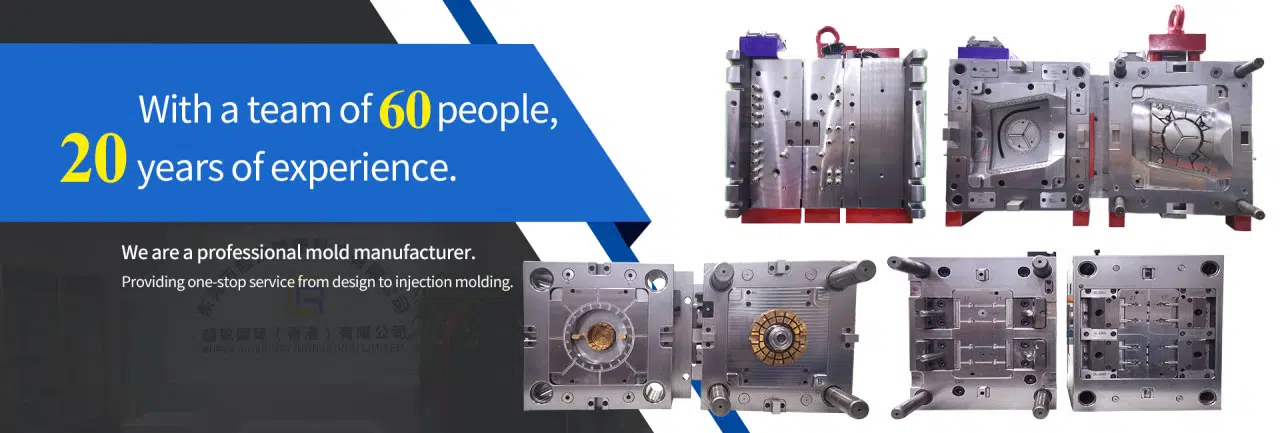
# ISO 9001:2015 Quality Management System Requirements
## Introduction to ISO 9001:2015
The ISO 9001:2015 standard is an internationally recognized framework for quality management systems (QMS). It provides a set of principles and requirements that help organizations ensure they meet customer and regulatory needs while continuously improving their processes.
## Key Requirements of ISO 9001:2015
### 1. Context of the Organization
Organizations must determine external and internal issues relevant to their purpose and strategic direction. This includes understanding the needs and expectations of interested parties.
### 2. Leadership
Top management must demonstrate leadership and commitment to the QMS by ensuring quality policies and objectives are established and compatible with the strategic direction of the organization.
### 3. Planning
Organizations need to address risks and opportunities, set quality objectives, and plan changes to the QMS in a systematic manner.
### 4. Support
This includes requirements for resources, competence, awareness, communication, and documented information necessary for the QMS to operate effectively.
## Benefits of Implementing ISO 9001:2015
Implementing ISO 9001:2015 brings numerous advantages to organizations:
- Improved customer satisfaction through consistent product/service quality
- Enhanced operational efficiency and reduced waste
- Better risk management and decision-making
- Increased credibility and competitive advantage
- Continuous improvement culture throughout the organization
## Certification Process
The certification process typically involves:
- Gap analysis to assess current practices against ISO 9001 requirements
- Implementation of necessary changes and documentation
- Internal audits to verify compliance
- Certification audit by an accredited third-party
- Surveillance audits to maintain certification
Keyword: ISO 9001:2015
## Conclusion
ISO 9001:2015 provides a robust framework for organizations to establish, implement, maintain, and continually improve their quality management systems. By meeting these requirements, companies can enhance their performance, satisfy customers, and achieve sustainable success in today’s competitive marketplace.